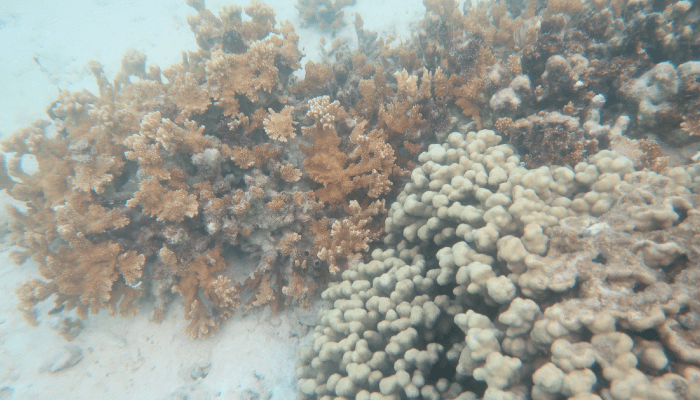Our coral reefs are dying. Climate change and local stressors are recognized as the key contributors, causing higher sea surface temperatures that lead to widespread bleaching events. Now, a team of researchers has added to our understanding by uncovering the metabolomic shifts associated with heat stress in our planet’s most biodiverse ecosystems (1).
“The goal of our study was to identify metabolite markers that can be used to assess coral health in time to enact conservation efforts before reefs are seriously damaged,” says Debashish Bhattacharya, co-author of the paper.
The team used untargeted hydrophilic interaction LC-MS to study the stress-resistant coral species Montipora capitata and stress-sensitive Pocillopora acuta – both from reefs in Hawaii. “Given the large number of ‘dark’ metabolites in marine systems, we decided to conduct untargeted analysis with the goal of identifying both known and novel markers in the coral system – broadening our knowledge about these species,” says Bhattacharya.

“We focused on the polar metabolites because they have fast turnover and they are more closely related to the central carbon and nitrogen metabolic network,” adds Xiaoyang Su, co-author of the paper. “To confidently identify these metabolite markers, we synthesized more than two dozen chemical standards and used these to compare the retention time on the LC and tandem MS spectra.”
For both species, the team discovered a variety of co-regulated dipeptides that had the highest differential accumulation under thermal stress. These, along with other metabolites identified by the study, can be used as markers for thermal stress and thus health in wild coral – the diagnostic beginnings of what the team calls the “Coral Hospital.”
Furthering its coral health mission, the team has now secured funding to create a microfluidic device that can be deployed by reef managers and members of the public alike to monitor the levels of different stress-related metabolites and proteins.
References
- A Williams et al., Sci Adv, 7, eabd4210 (2020). DOI: 10.1126/sciadv.abd4210




